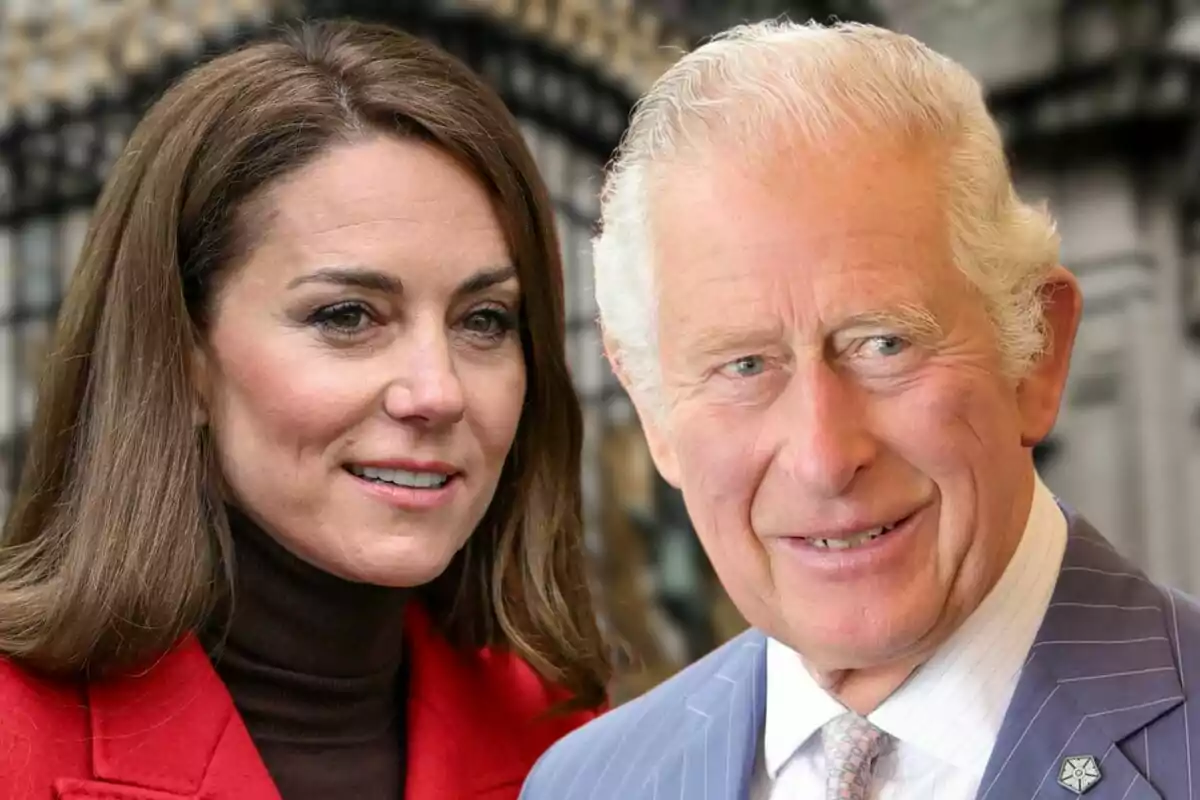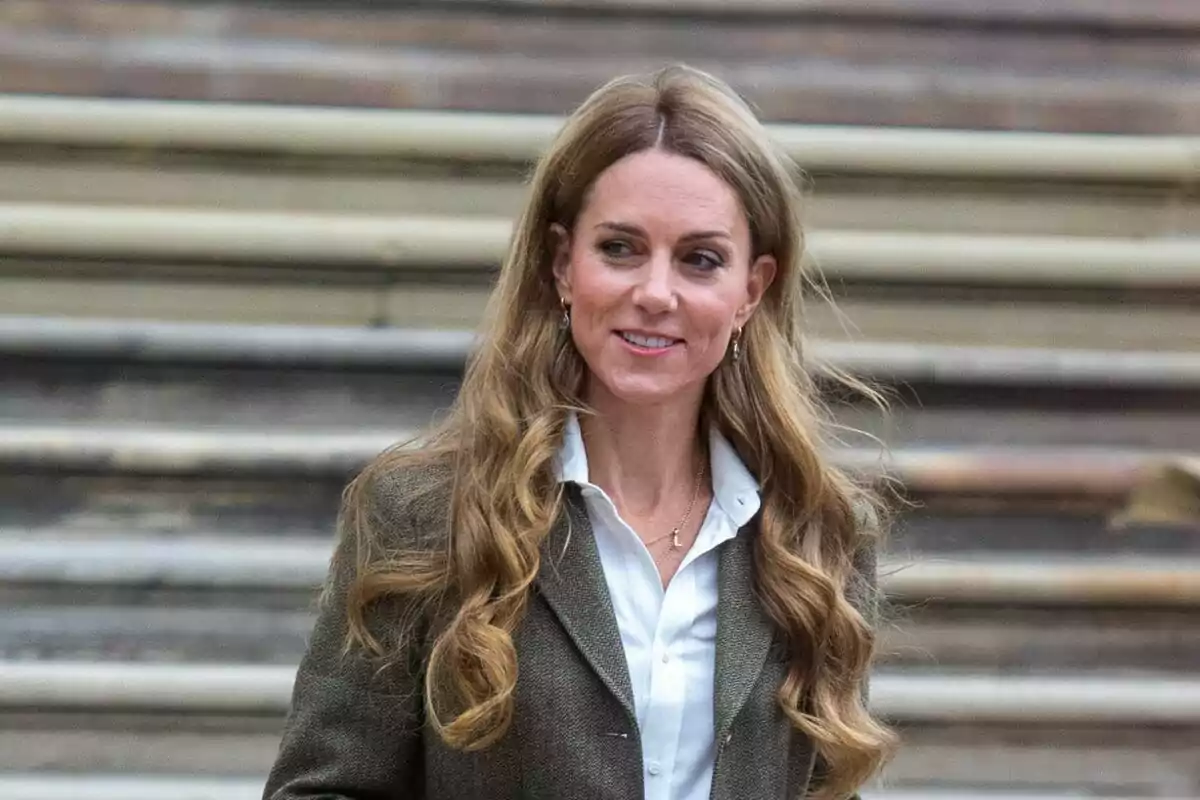The United Kingdom is experiencing a moment of great social impact since the British Royal Family made their health problems public. The revelation that Charles III and Kate Middleton were suffering from cancer triggered a major social impact and an intense debate in British public opinion.
What was initially conceived as a gesture of transparency and awareness has triggered an unexpected effect. Thousands of citizens went to the healthcare system for cancer screenings, which caused a collapse that put the NHS's capacity to the test.

The domino effect of royal announcements
The words of Charles III and Kate Middleton about the importance of early detection have resonated with society. Since the beginning of the year, the number of referrals for suspected cancer has increased significantly in hospitals across the country. That increase has overwhelmed the resources of an already fragile system.
Norfolk's chief coroner, Samantha Goward, explained in a report published by The Mirror that the pressure is real and growing. According to her statements, "the NHS doesn't have the capacity to handle the large number of cancer referrals they're receiving, which is causing significant delays in waiting times."
The paradox is clear: the awareness campaign by high-profile figures is saving lives thanks to earlier diagnoses. However, it's also delaying essential treatments for patients who had already been diagnosed, worsening their situation.

Revolution in England after Kate Middleton's announcement
The impact of the princess's statements has been especially notable in recent weeks. In January, Kate Middleton confirmed that she was in remission and confessed: "It's a relief to be in remission now and I'm still focused on recovery." Her message, optimistic and personal, encouraged thousands of Britons to follow her example and attend preventive consultations.
It was from this moment that the pressure on cancer care skyrocketed. According to data from NHS England, more than 74,000 patients weren't able to start treatment within the official 62-day deadline. A delay that, according to Cancer Research UK, poses a direct risk to the survival of those waiting for care.
According to the Princess of Wales, after her announcement the healthcare pressure became evident: "Doctors are overwhelmed," Kate admitted. It's the image of a public system trying to adapt to demand while dragging severe structural limitations.

Pending challenges for the healthcare system
Warnings from experts confirm that this scenario isn't circumstantial, but rather the consequence of an infrastructure that's been overloaded for a long time. The pandemic exposed shortcomings in the healthcare system that still haven't been solved.
The chief operating officer of NHS England had already warned at the beginning of the year: "We must be prepared, as we'll have a lot of activity after the news." That prediction has come true and now the need to increase investment and specialized staff is being raised.
Meanwhile, waiting lists keep growing and families' concerns are intensifying. Although early detection has improved and more patients are being diagnosed in the initial stages, the reality is that many aren't receiving treatment in time.

